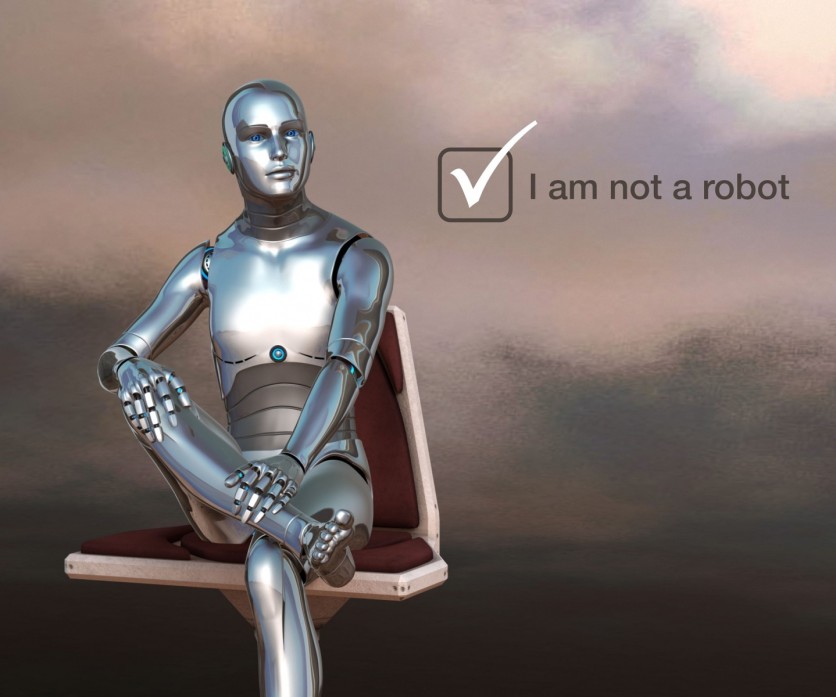Artificial intelligence (AI) has reportedly demonstrated its superiority over humans when it comes to solving online CAPTCHA tests designed to differentiate between human users and automated bots.

All About CAPTCHAs
According to New Scientist, the CAPTCHA, or Completely Automated Public Turing test to tell Computers and Humans Apart, is a security measure used on websites to determine whether a user is a human or a computer program (bot).
These tests often involve tasks that are easy for humans to solve but challenging for automated systems, such as identifying distorted text, selecting specific images from a grid, or solving puzzles.
While CAPTCHAs protect websites from spam, fraudulent activities, and unauthorized access, they can be a source of frustration for internet users. CAPTCHAs' evolving complexity, designed to outsmart advanced bots, can sometimes result in even humans struggling to complete them accurately.
This complexity has led to the creation of more user-friendly alternatives, such as "I'm not a robot" checkboxes, but websites still frequently employ traditional CAPTCHAs.
Researchers led by Gene Tsudik at the University of California, Irvine, have found that contemporary bots can adeptly solve the latest iteration of CAPTCHA tests faster and more accurately than their human counterparts. This revelation raises questions about the efficacy of these tests in light of the hassle they generate.
Read Also : Bad Bots, Malware Pose Threats to Health Care Websites-CAPTCHA Verification No Longer Enough
Humans vs. Bots on CAPTCHAs
The research underscores that "if left unchecked, bots can perform these nefarious actions at scale," according to the study's paper.
Tsudik explained that the study was inspired by the recognition that CAPTCHAs are widely disliked, yet there is uncertainty regarding the value of the colossal effort invested in solving them.
Among the most popular 200 websites, the team discovered that 120 employed CAPTCHAs to verify human users. To investigate, they enlisted 1,400 participants with varying levels of technical expertise to complete a total of 14,000 CAPTCHAs.
The results were then compared with those from bots engineered to tackle the puzzles. The study's significant takeaway revolves around the stark contrast between the performance of CAPTCHA-solving bots and human participants.
Not only did the bots outpace humans in terms of speed, but they also exhibited superior accuracy. While human accuracy ranged from 50 to 84 percent, the bots boasted an astonishing 99.8 percent accuracy.
Co-author Andrew Searles, another researcher at UC Irvine, noted that the traditional methods of using image-based challenges for CAPTCHAs no longer provide an effective means of distinguishing between humans and bots.
That is largely attributed to the advancements in machine learning, with AI like OpenAI's GPT-4 capable of even duping humans into solving CAPTCHAs on its behalf.
Ultimately, the study casts doubts on the effectiveness of CAPTCHAs as a security measure and suggests the necessity of reevaluating the strategies employed to safeguard online platforms from automated intrusions.
Related Article : SettleMint Introduces 'AI Genie' to Help Developers Create Smart Contracts, Integrate Data, and More!

![Apple Watch Series 10 [GPS 42mm]](https://d.techtimes.com/en/full/453899/apple-watch-series-10-gps-42mm.jpg?w=184&h=103&f=9fb3c2ea2db928c663d1d2eadbcb3e52)



